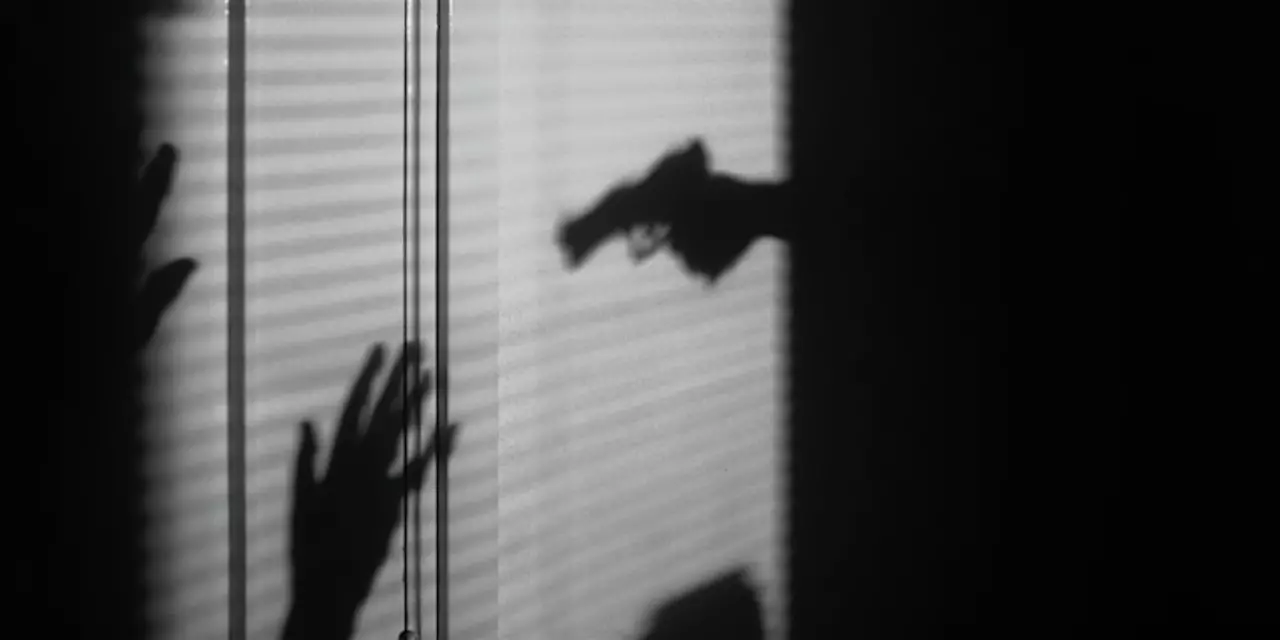Exploring the Link Between Alcohol Consumption and Aggression: What Causes Drunk People to be More Prone to Violence?
When a person consumes alcohol, it can cause changes in their behavior, making them more prone to aggression. There are a variety of factors that can contribute to this, including changes in brain chemistry, decreased inhibitions, and increased impulsivity. Additionally, the environment a person is in and their cultural background can also play a role in how they react to alcohol.Alcohol is a central nervous system depressant, which means it affects the brain's ability to regulate behavior. When a person drinks, their brain chemistry is altered and they become more likely to act impulsively and without restraint. This can lead to a heightened sense of aggression and a decreased ability to control their behavior.
The environment a person is in when they drink can also influence their behavior. Studies have shown that people in a crowded, noisy environment are more likely to become aggressive when alcohol is involved. This can be explained by the fact that people are more likely to act on impulse in such an environment.
In addition, cultural attitudes towards alcohol can also play a role in how people respond to it. For example, in some cultures, it's seen as socially acceptable to become aggressive when drinking. This can lead to an increased likelihood of violent behavior when alcohol is involved.
Ultimately, there is no single answer to why drunk people are more prone to violence. But it's clear that a variety of factors, including changes in brain chemistry, decreased inhibitions, and cultural attitudes, can all play a role in how people respond to alcohol.
Examining the Role of Alcohol in Fueling Violent Behavior: How Can We Prevent Drunk People from Becoming Violent?
Alcohol can be a powerful tool that can be used to fuel violence. It has been linked to violent behavior for centuries, and the effects of alcohol can often lead to situations where violence is more likely to occur. But why do drunk people seem to be in the mood for violence?There are a number of factors that can play a role in why drunk people are more likely to become violent. One of the most common factors is the influence of peers. Peer pressure can be very strong when alcohol is involved, and it can lead to people behaving in ways that they might not normally do when sober. Additionally, alcohol can reduce inhibitions and make someone more likely to engage in risky or violent behavior.
Another factor that contributes to why drunk people are more likely to become violent is the way that alcohol affects the brain. Alcohol can interfere with the way that the brain processes and reacts to stimuli, leading to impaired judgment and an increased risk of aggression. This can lead to people acting out in ways that they would not normally do when sober.
Finally, alcohol can also lead to feelings of aggression and anger. This can be particularly dangerous in a bar or club setting, where physical fights can easily break out.
To prevent drunk people from becoming violent, it is important that we understand why they are more likely to become violent in the first place. This will help us to create strategies to reduce the risk of alcohol-fueled violence. Some of these strategies include encouraging people to drink responsibly, providing education on the dangers of excessive drinking, and implementing stricter regulations and policies in bars and clubs. Additionally, providing more resources and support to those who are at risk of becoming violent can also help to reduce the risk of alcohol-fueled violence.
